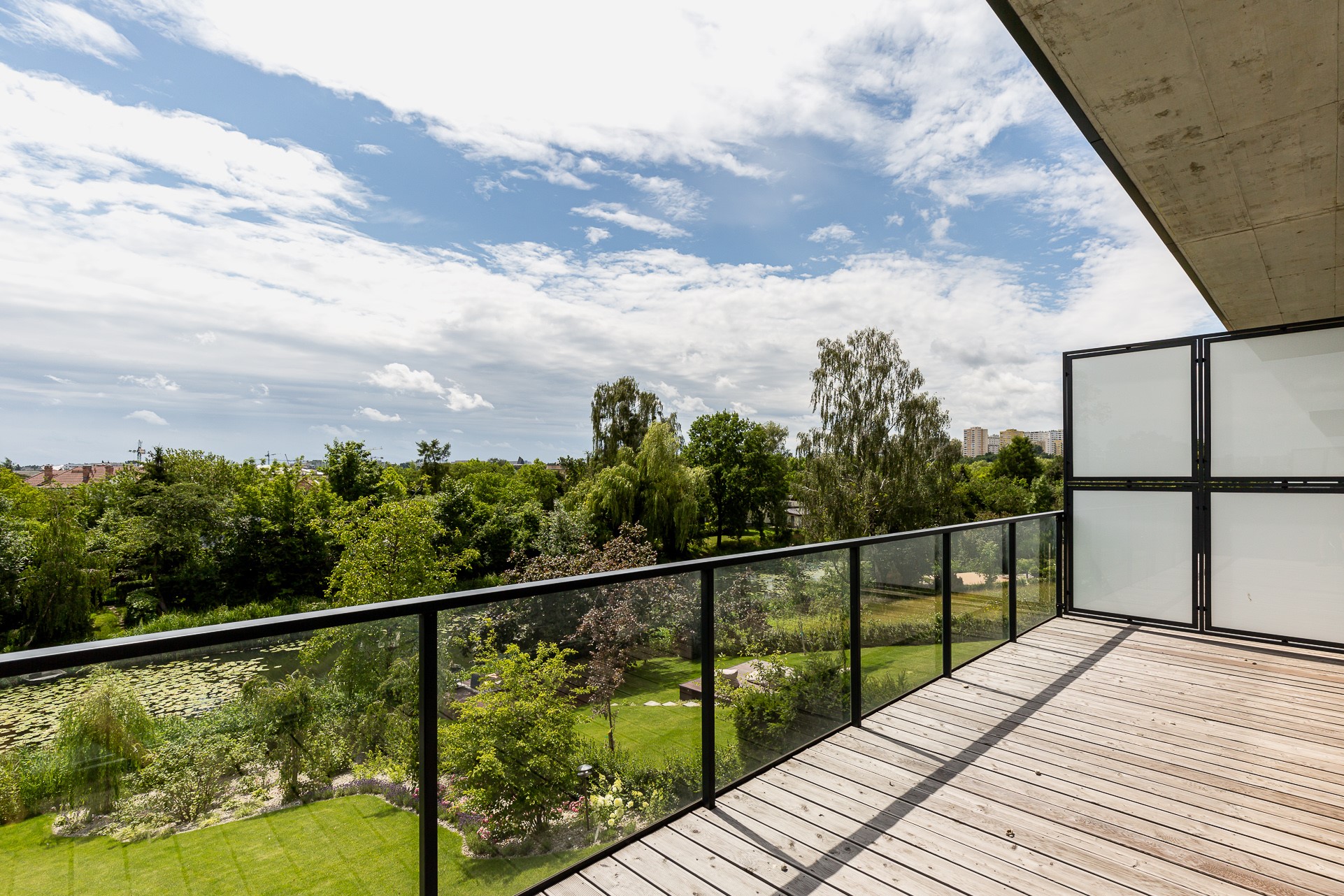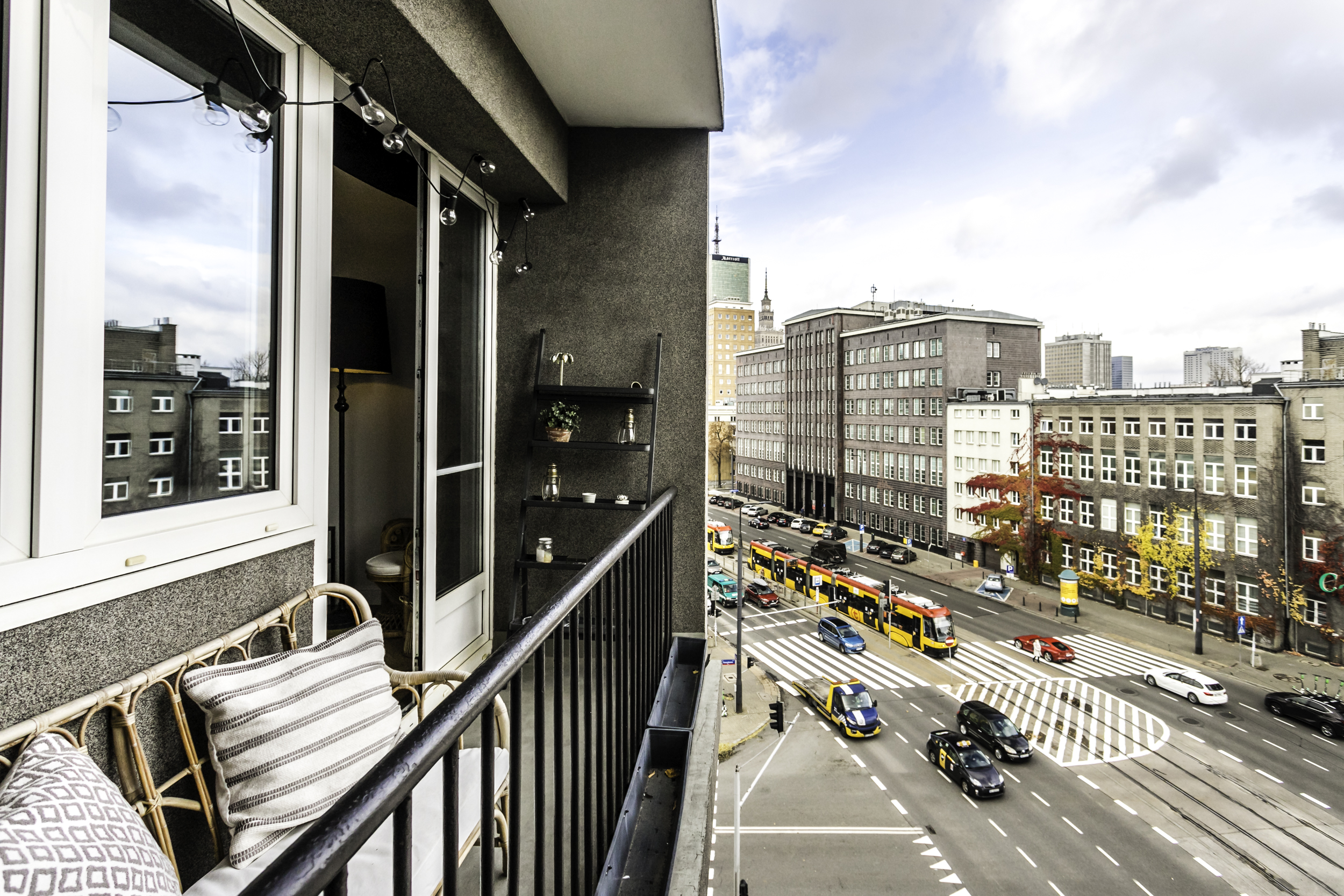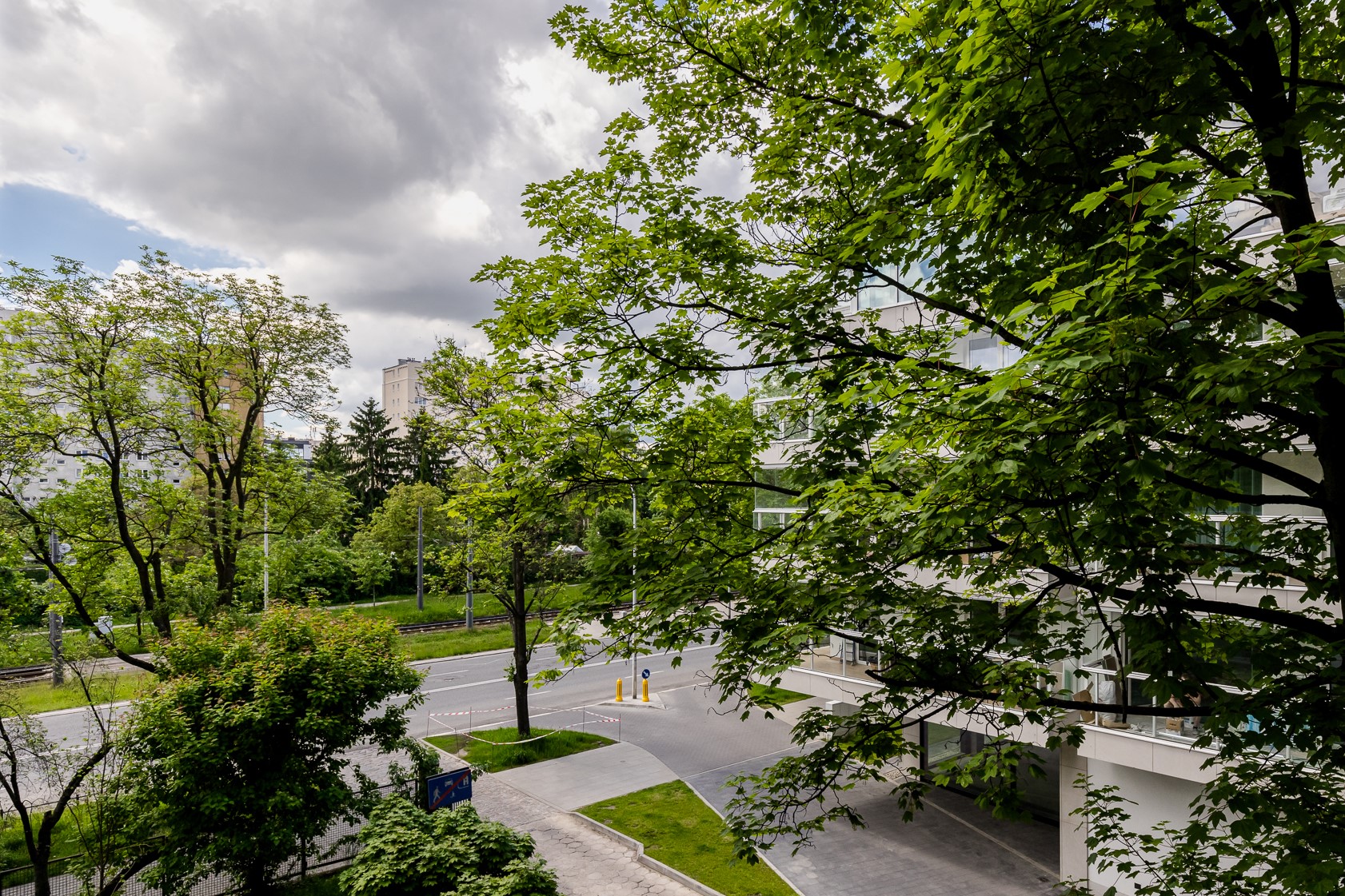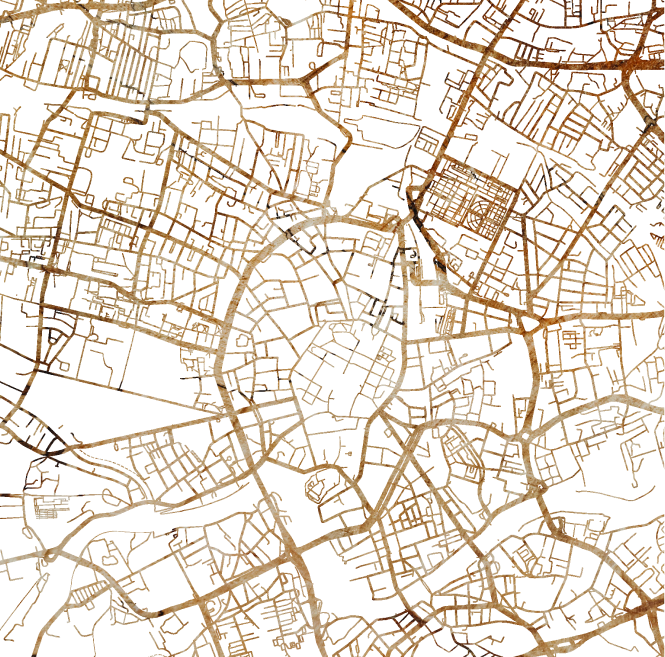Mokotów - from a cluster of office buildings to diplomats villas
One of the key districts of Warsaw and home to 200,000 inhabitants. It offers everything from office buildings in Służewiec, through cozy tenement houses and former villas, to modern residential architecture.
Based in Warsaw, Poland
Based in Warsaw, Poland
General Info
Directly
south of the centre, Mokotów’s vast footprint defies any easy attempt to
classify the district. Home to well over 200,000 people, this sizeable area is
a core part of Warsaw and though its subdivisions include many quiet and
affluent neighbourhoods it would be wrong to think of Mokotów as merely a
dormitory suburb. Służewiec, for instance, has emerged as one of the country’s
major office hubs over the last 15-years. Although humorously nicknamed Mordor
on account of its perceived commuter monoculture, its rows of glass office
blocks have been considerably humanised in recent years and the sheer number of
transnational firms that are present have helped neighbouring subdivisions
blossom to contain vibrant international communities that are home to many
short- and long-term expats. Quite often perceived as comfortably middle-class,
there are also many highly-affluent nooks, and residents of these enjoy the
many benefits associated with life in Mokotów. Straddling the middle ground
between the centre and outliers like Wilanów, Mokotów bridges the best of both
worlds to present attractions both large and small – from giant, landmark malls
to tiny specialist stores, there is a social and visual variety here that
simply does not exist in quite the same form anywhere else in Warsaw. Equally
known for its lively restaurant and café scene, it is perhaps in these that the
diverse spirit of Mokotów is best expressed.
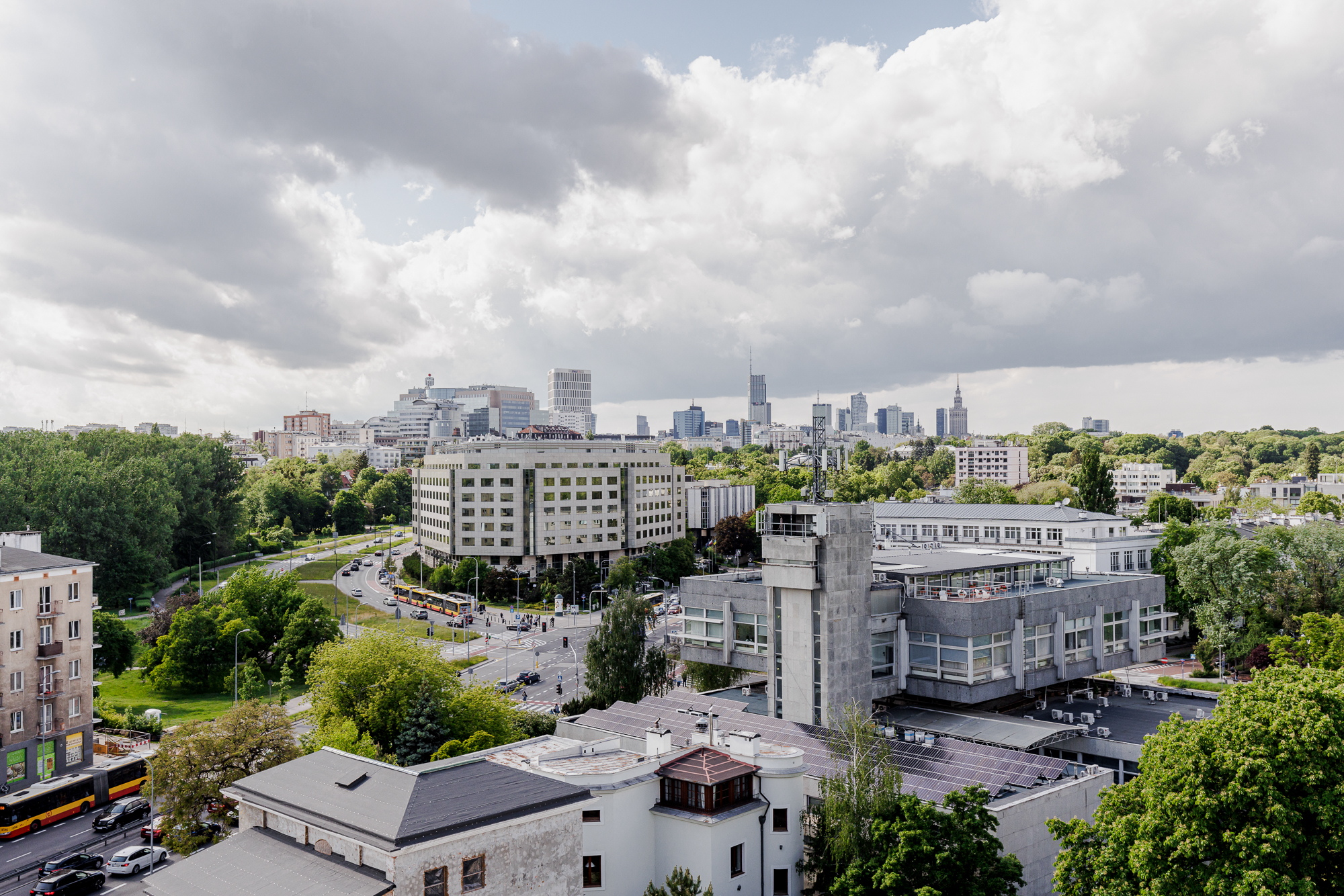
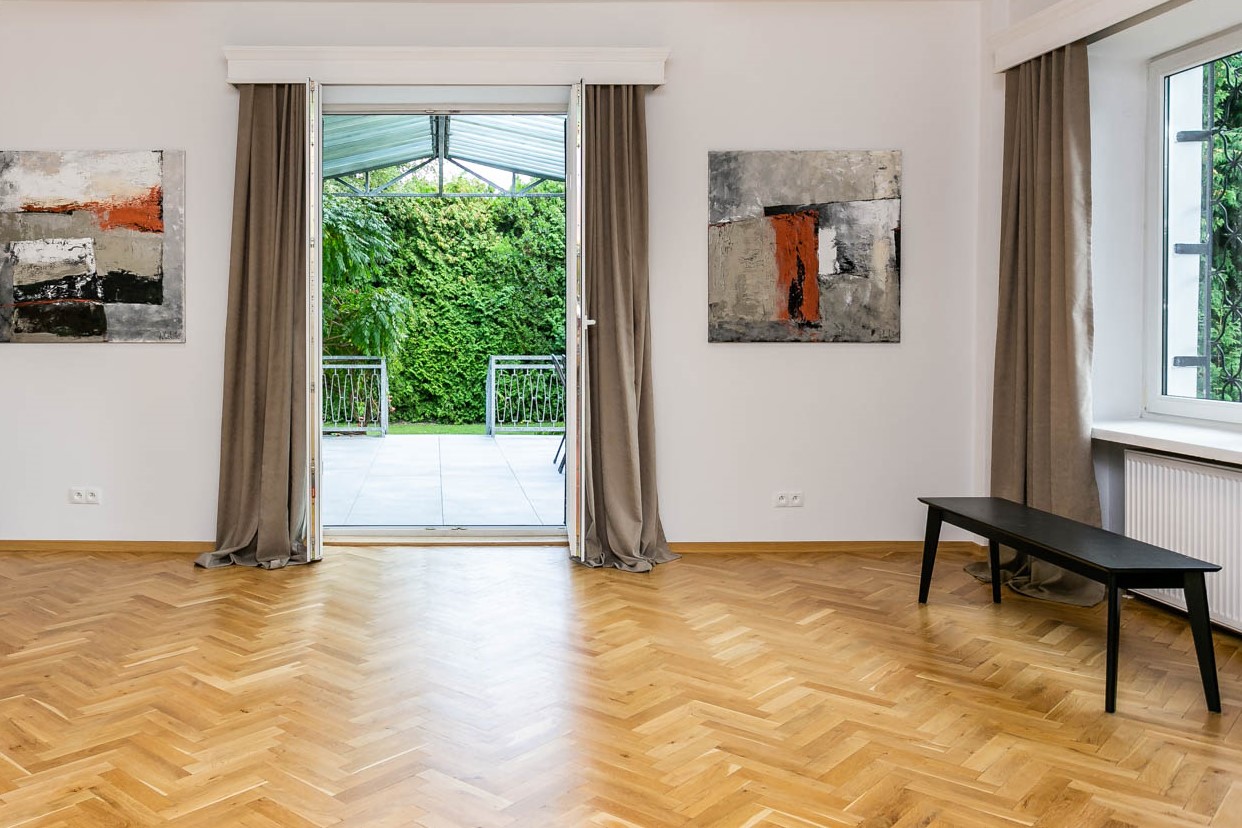
Architecture & Property
Many of
Mokotów’s more prestigious properties can be found in Stary Mokotów (Old
Mokotów), an area whose architecture fluctuates between attractive pre-war
modernist apartments to ostentatious villas and mansions – that many of these
serve as ambassadorial residences says much for their size, quality, style and
privacy. With swathes of Mokotów surviving WWII with just token grazes (some of
which remain visible), the rich visual tapestry is a joy to see, even more so
given that many of these architectural gems are squirreled down atmospheric
tree-lined side streets. Heavily counter-balancing this are the communist tower
blocks that dominate Stegny, though to all intents and purposes Mokotów is now fast
becoming known for its new build solutions – covering varying income bands
these include many premium investments such as the Fort Piłsudskiego villa
development to the acclaimed Bialy Kamien apartment complex.
Architecture & Property
Many of
Mokotów’s more prestigious properties can be found in Stary Mokotów (Old
Mokotów), an area whose architecture fluctuates between attractive pre-war
modernist apartments to ostentatious villas and mansions – that many of these
serve as ambassadorial residences says much for their size, quality, style and
privacy. With swathes of Mokotów surviving WWII with just token grazes (some of
which remain visible), the rich visual tapestry is a joy to see, even more so
given that many of these architectural gems are squirreled down atmospheric
tree-lined side streets. Heavily counter-balancing this are the communist tower
blocks that dominate Stegny, though to all intents and purposes Mokotów is now fast
becoming known for its new build solutions – covering varying income bands
these include many premium investments such as the Fort Piłsudskiego villa
development to the acclaimed Bialy Kamien apartment complex.

Green & Recreational Areas
Mokotów has an abundance of greenery, yet nowhere (in the entire city) is as user-friendly as Pole Mokotowskie – this fact is underlined by Mokotowskie’s cycle paths, art trails, bars and the surprising presence of a golden retriever statue. Other highlights include Morskie Oko, a park scattered with Neo Gothic elements, Dreszera, a charming English-style garden that hosts jazz concerts in the summer, not to mention Służew, Poland’s most famous horseracing track. And there is Królikarnia (a.k.a. Arkadia), as well. Built in the 18th century for the hunting parties of Augustus II, today its grounds house an eccentric sculpture park that surrounds the former royal palace. Notably, Mokotów is fringed a number of military forts dating from the 19th century – often penned in by woodland, many of these brick shells have now been turned over to leading-edge gastronomic projects such as Fort 8.
